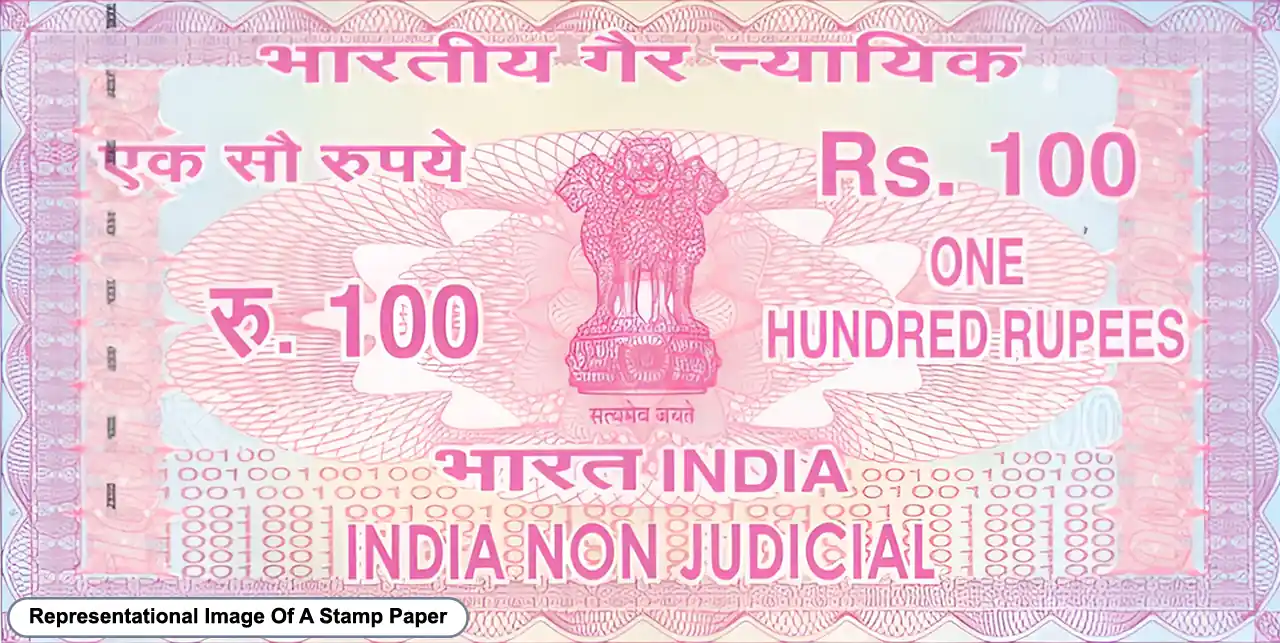The Maharashtra government contemplates changes to the Stamp Act to eliminate physical stamp papers of Rs100 and Rs500 denominations. While considering the shift to a paperless system, officials explore alternatives like the franking system. Read about the proposed amendments and the potential impact on rural areas.
Advocating Amendments for Stamp Act: A Move Towards Paperless Transactions
In a significant development, the Maharashtra state revenue department reveals that discussions about discontinuing physical stamp papers in denominations of Rs100 and Rs500 during the monsoon session were contingent on amendments to the Maharashtra Stamp Act. The objective is to combat black marketing and overcharging in stamp transactions.
Alternative Solutions: The Challenge of Transitioning to a Paperless Regime
Despite considering franking as a viable alternative, officials highlight the necessity for additional substitutes, especially in rural areas. The envisioned paperless regime aims to streamline processes, reduce expenditure on manpower, transportation, and security, and eliminate the risk of counterfeit papers.
The Role of Amendments: A Necessary Step Towards Change
The proposed amendments in section 10 of the Maharashtra Stamp Act are deemed essential for the complete elimination of stamp papers. A senior government official emphasizes that while the franking system appears promising, adequate alternatives must be in place to ensure a smooth transition, particularly for rural residents.
Franking System Proposal: A Mandate for Legal Documents
The revenue department suggests making franking mandatory for all legal documents, positioning it as a preferred method over traditional stamp papers. The government has already implemented compulsory franking for stamp duty amounts exceeding Rs10,000, while transactions below this threshold may still use stamp paper.
Challenges and Considerations: Perspectives from Citizens and Activists
Citizen activists and stakeholders share their perspectives, indicating that online payment of stamp duty through franking services could be a robust mechanism. However, concerns arise about the widespread implementation of such services, with suggestions to utilize post offices for infrastructure development.
Industry Skepticism: Doubts Amidst Change
President of the Stamp Vendors Association, Ashok Kadam, expresses skepticism about the government’s implementation of the proposed changes. While some states have successfully transitioned to franking, concerns linger about the efficiency of online systems. The experiences of states like Rajasthan and Tamil Nadu, which returned to stamp papers after adopting franking, add a layer of caution.
